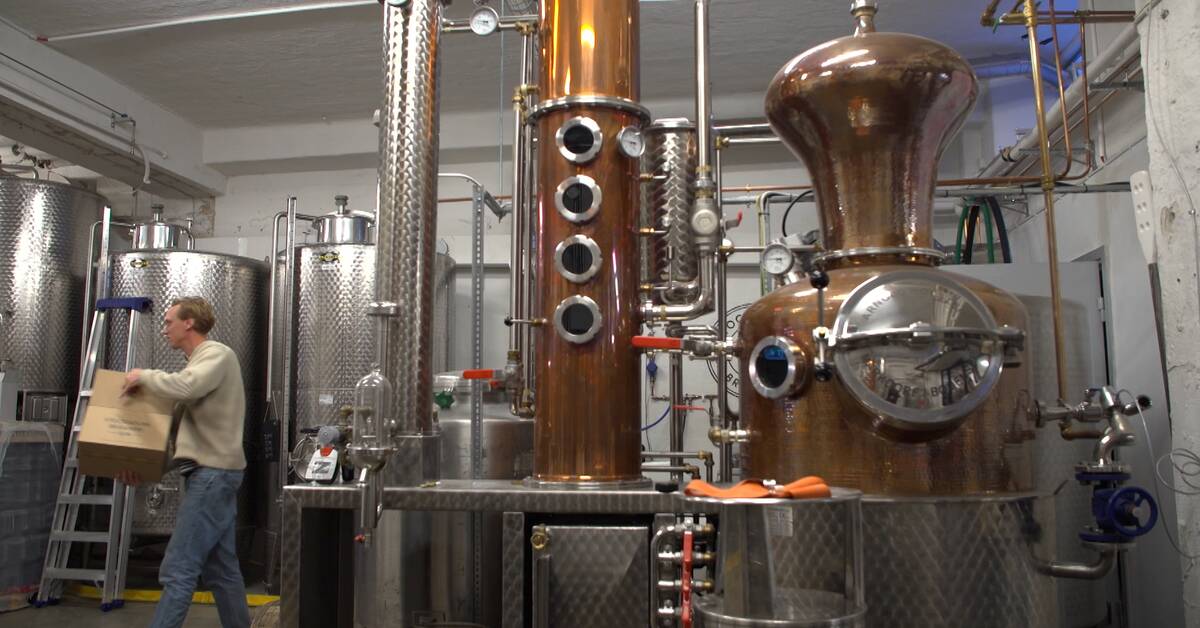Spirits are made in an old garage on Södermalm in Stockholm.
In the two large stills Bleckan and Fåfängan, named after places on Södermalm, thousands of liters of alcoholic beverages are boiled a year.
- We started small.
When the company started generating money, we reinvested it, so the company has grown entirely from our own funds, says Calle Wikner, who is co-founder of Stockholms Bränneri.
Grown during the pandemic
His company is only a couple of years old, but he is still something of a veteran in the new Swedish spirits industry.
The industry's own report shows that a third of the companies were added during the pandemic years.
SVT has reviewed the results from around fifty Swedish spirits producers that are in Systembolaget's range - where industry giant The Absolut Company is excluded.
Of the 52 companies included in our review, 21 of them were added between 2018 and 2021.
During the same period, the companies have gone from making a loss of just over SEK 25 million to making a total profit of just over SEK 6 million (result after tax).
At the same time, the turnover of the same company has increased from SEK 250 million to just over SEK 340 million.
- These are very small companies, entrepreneurial and creative.
After all, most of the companies are not even ten years old, it is a real "start-up industry", says Sara Sundström, who is secretary general of the industry association Sweden's Producers of Alkoholdrycker, SPAA.
Spread over the country
Spirit production is not only a matter for the big cities, but is spread all over the country.
There are now liquor manufacturers in 67 municipalities.
But it's not just starting a distillery.
It requires many permits from various authorities, everything from the Norwegian Food Authority to the fire authorities, says Calle Wikner.
Increased alcohol consumption is not good for public health.
But Sara Sundström at SPAA believes that it is mainly about premium products that are drunk less of - and thus do not pose a threat to public health.

